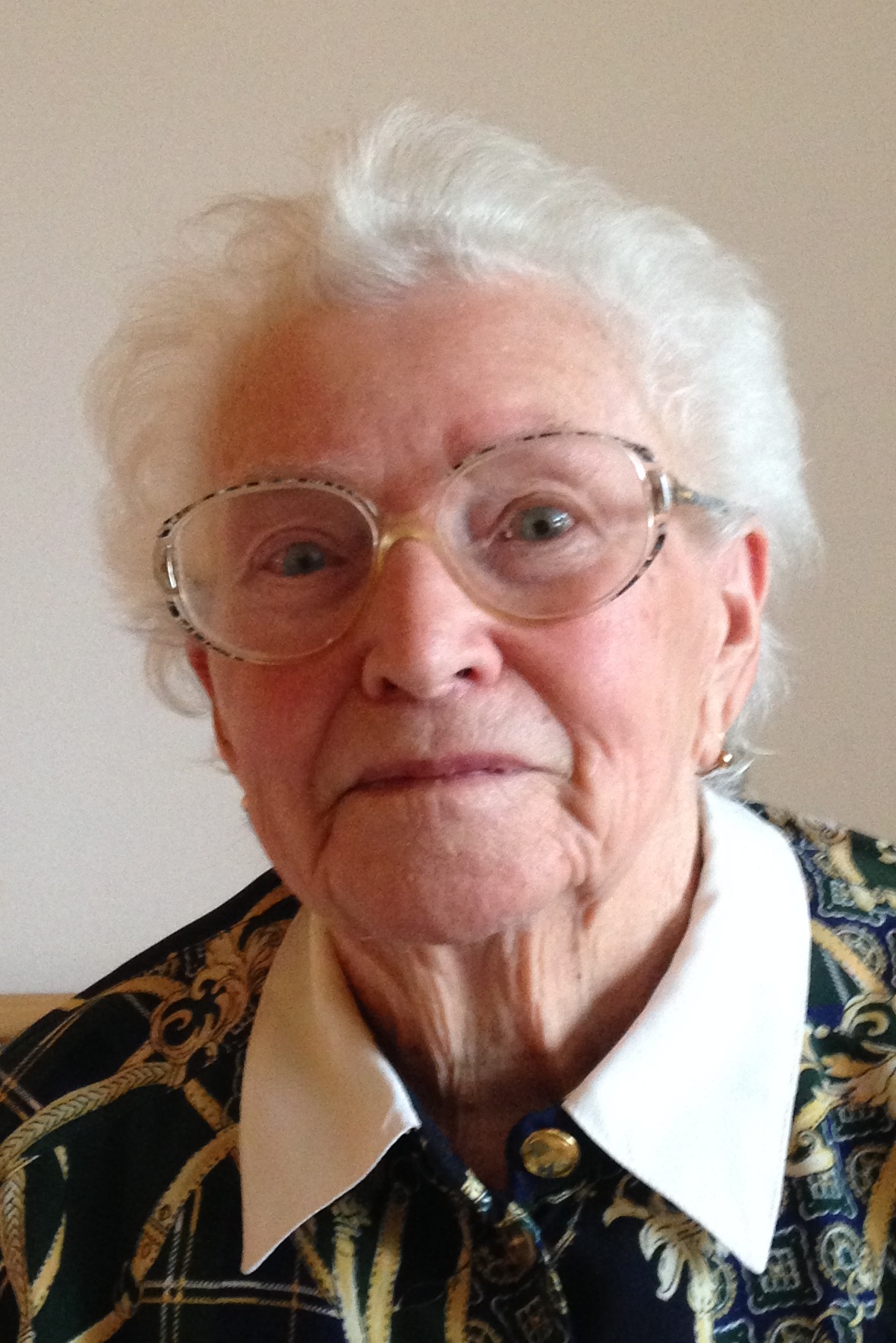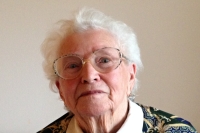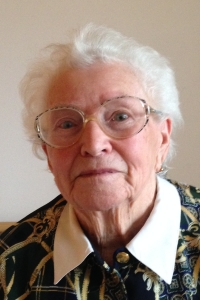After the liberation, unpleasant times began for us Germans from the Hlučín region

Download image
Cecilie Kornerová née Wiatzková was born on 10 August 1933 in Ludgeřovice, Hlučín region. She was one of six children. Her parents had a small farm. Her father was partially disabled due to a severe accident in a mine. After the annexation of Hlučín to Germany in 1938, she became a Reich-German citizen. Her father changed his surname to Wittmar, which the whole family adopted. Her older brother and other relatives had to enlist in the German army. Her father served in the gendarmerie during the German occupation. After the liberation by the Red Army in April 1945, her father was detained by members of the Revolutionary Guard and repeatedly beaten. She knew the family of the builder Albert Hluchník, who was one of more than 200 victims of the violent guards of the Hanke internment camp in Ostrava. After marrying Emil Korner, she moved to Petřkovice. She learned to sew from her older sisters and became a sought-after seamstress. Although the communists banned even small trades after 1948, she managed to get permission to sew at home. In 2023, she lived in a charity home for the elderly in Ostrava-Heřmanice.

